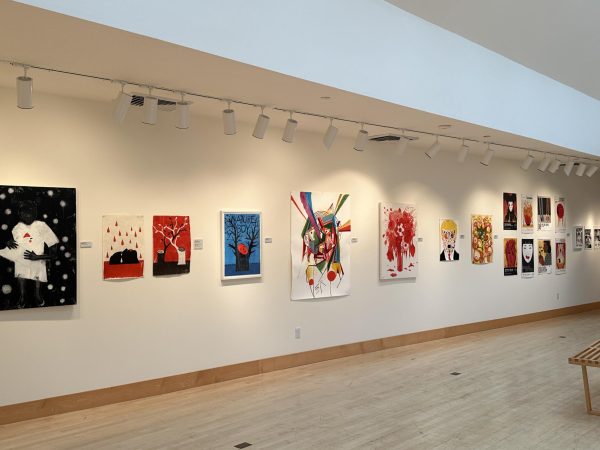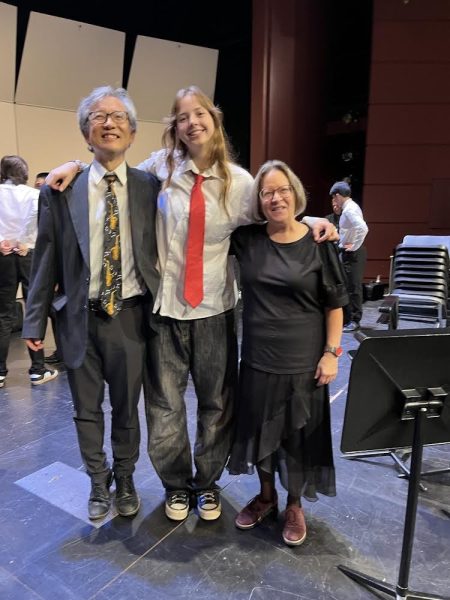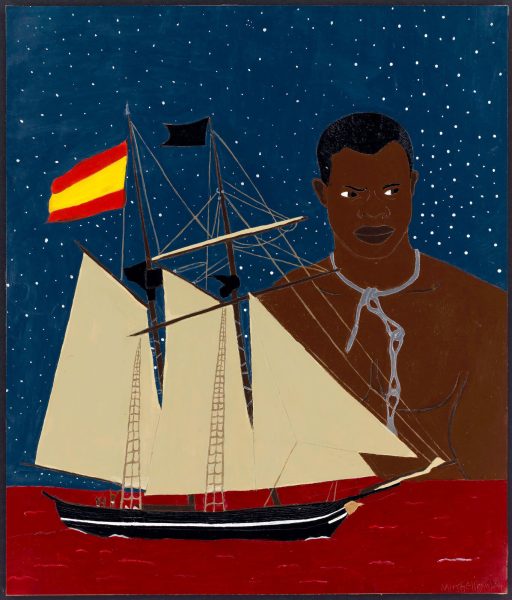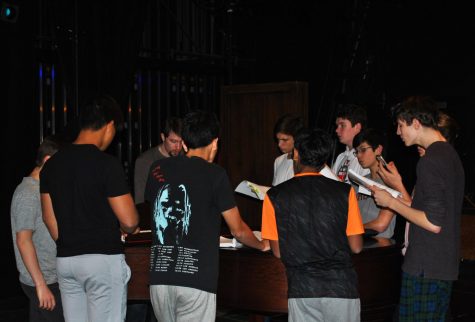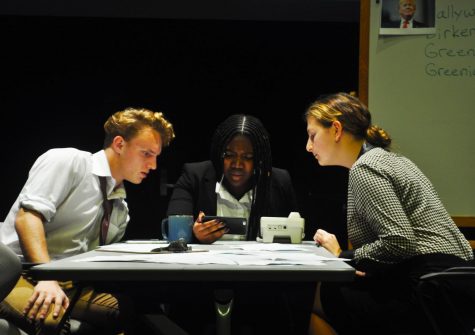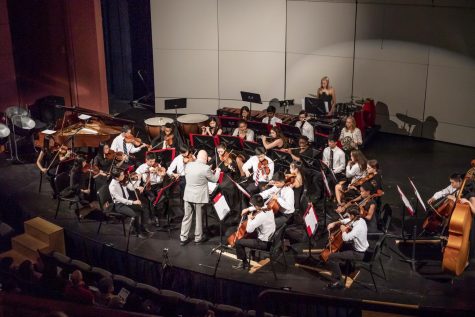Ancient Greece Meets Trapeze Acts in Groton Theater Trip
Trapeze acts and circus performers illuminated in dazzling lights versus a classic Greek play that was written in 441 B.C.: two seemingly disparate concepts Groton Theater Director Laurie Sales is tasked with connecting.
On September 28, Groton theater, currently working on the Sophoclean tragedy Antigone, had the chance to attend a play called Passengers, produced by ArtsEmerson and performed by a circus company dubbed Le 7 Doigts (The 7 Fingers).
Passengers is a show involving seven performers portraying seventeen distinct characters in a riveting eight-scene tale of strangers traveling on a two-hour train ride — connecting and reconnecting, loving and losing. Playwright Samuel Bobrick played with the theme of travel. “The characters are ‘sort of identity-less’ because they’re not in their home country,” explained Laurie. She added that the characters form a “sort of family, or sub-society” on the train, uniting against the common unknown.
But the performance produced by ArtsEmerson varies from the traditional Passengers play Bobrick had written: Le 7 Doigts infuses music, dance, acrobatics, and circus into the original piece. This experimental style of theater forces the audience to “think about human themes… what is common to us as humans, what’s missing in our lives,” said Laurie. Passengers is “more than just a story where Character A does this, and then they go this to Character B… it’s a deeper kind of storytelling.”
Instead of vocalizing every action for the audience, the performers use movement to express and to tell the story. They convey lucid messages to the audience with minimal props and scenery.
“When they were on a train, they jerked their bodies back and forth so it looked like they were on a train, but… [the train] wasn’t actually moving,” explained Marlene Ma ’24, who is currently involved in stagecraft for Antigone.
Laurie hopes that the play was able to demonstrate to the students involved in theater that art is more than just lines to remember; it is about portraying emotion and conveying profound messages with purely physical expression. The play was designed to set the bar high for experimental storytelling and to provide a general goal for the actors and set designers this fall.
“Being an actor is a lot more than just memorizing lines,” said Theater Prefect Eliza Powers ’20, who plays the Nurse in Antigone. “We have to live through the characters, and so physicality is really important. Not only was Passengers super entertaining, it showed us how effective physical expression is for telling a story.”
The theater program encourages everyone to go see Antigone, which premieres in November. “I think that the arts bring a sense of humanity and belonging to the human condition to everyone,” said Laurie. “So I really believe that what I do is not just for theater kids, but for any kid, any person.”
Editor-in-Chief


